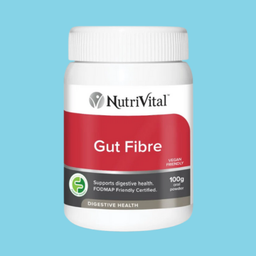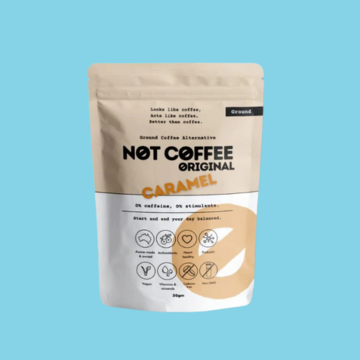Turmeric is more than just the spice that gives curry its distinctive colour, in addition to being a pantry staple, this vibrant yellow spice has long been a go-to remedy in Ayurveda, the ancient health care system practised in India for at least 5,000 years.
Today, modern science is bearing out turmeric’s traditional use in the treatment of arthritis, eczema, asthma, psoriasis, infections, and a host of other inflammatory conditions. A wealth of research studies has demonstrated that the three curcuminoids (curcumin, desmethoxycurcumin and bis-esmethoxycurcumin) present in turmeric have powerful anti-inflammatory activity in the human body. To make matters a little simpler, these three curcuminoids are collectively referred to as curcumin. However, even though curcumin is the principal bioactive ingredient in turmeric, the raw spice only contains about three to four per cent curcumin, so if you are looking for optimal health benefits it makes more sense to take a concentrated curcumin extract. Here’s why you might benefit from taking a supplement.
One – Ease arthritis
Curcumin’s powerful anti-inflammatory properties are multi-faceted and they work on various levels to reduce inflammation. Clinical trials have shown that osteoarthritis patients receiving 1,200 mg curcumin for 14 days reported improved mobility and up to 50 per cent less pain.
Two – Help defeat depression
Curcumin has been found to have antidepressant qualities. It acts by increasing serotonin and dopamine levels in the brain – it is widely thought that lack of serotonin causes depression, while dopamine has been shown to have more of a motivational effect on the brain.
Three – Reduce diabetes risk
Research shows that supplementation with curcumin may help to slow the progression of insulin resistance to diabetes, via curcumin’s anti-inflammatory action.
Four – Avoid Alzheimer’s
A low incidence of Alzheimer’s disease in India might be attributed to many factors – but is it mere coincidence that turmeric is so widely used in Indian cooking? Growing clinical evidence also suggests that curcumin may protect against the onset of Alzheimer’s disease.
Five – Love your heart
High cholesterol and triglycerides are major risk factors for cardiovascular disease. However, several studies now show that supplementation with curcumin may help to reduce both serum cholesterol and triglycerides, which may be due to either curcumin’s antioxidant action or its protective action on the liver.
Six – Calm irritable bowel syndrome
Studies have indicated that curcumin helps to alleviate many of the symptoms of IBS by calming inflammation in the gut.
Seven – Age well
Curcumin’s antioxidant properties are thought to slow the ageing process by reducing the effects of oxidative stress.
Please seek the advice of your health professional before taking supplements to ensure there are no contraindications with prescribed medications and other existing health conditions.

